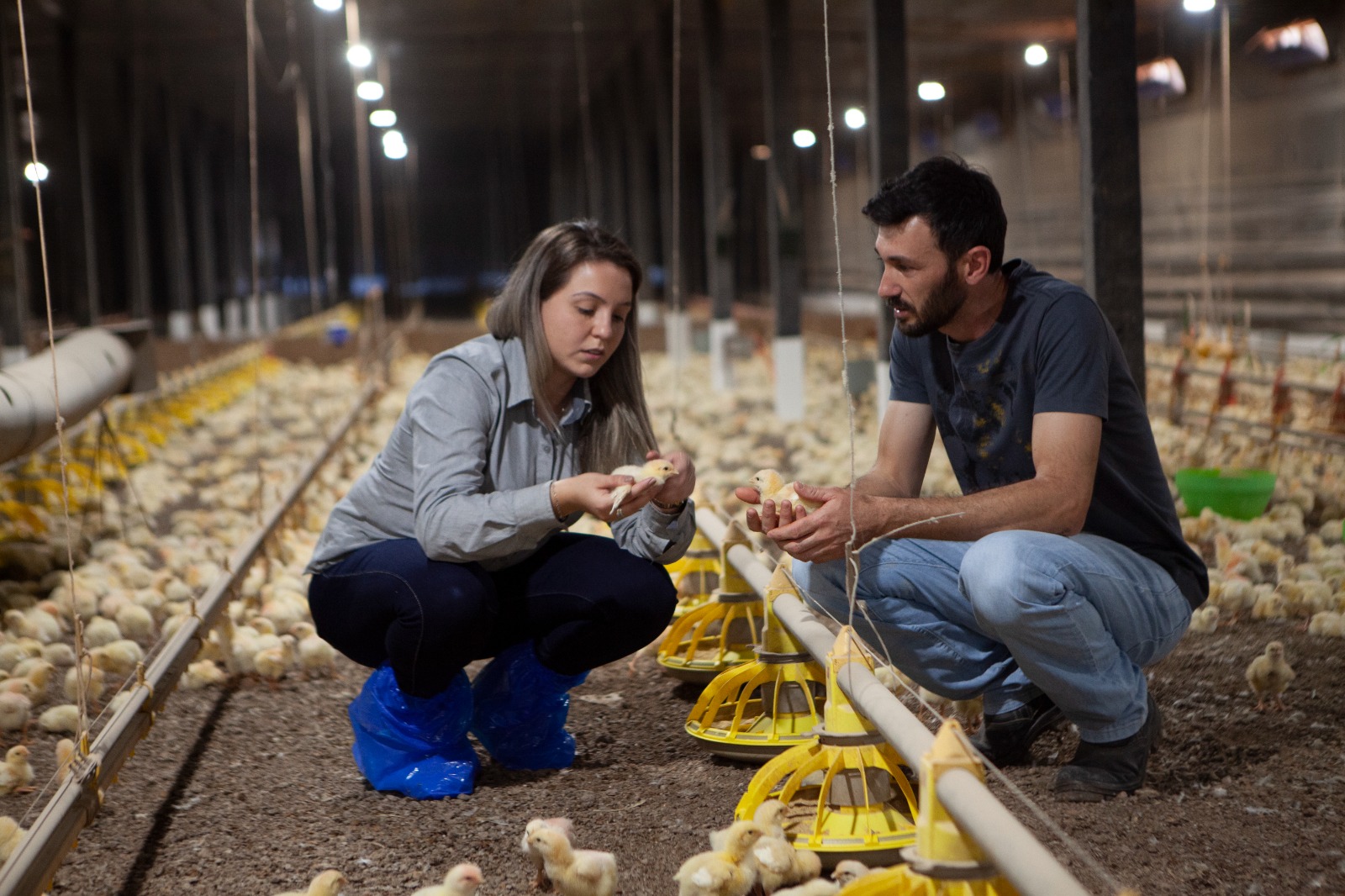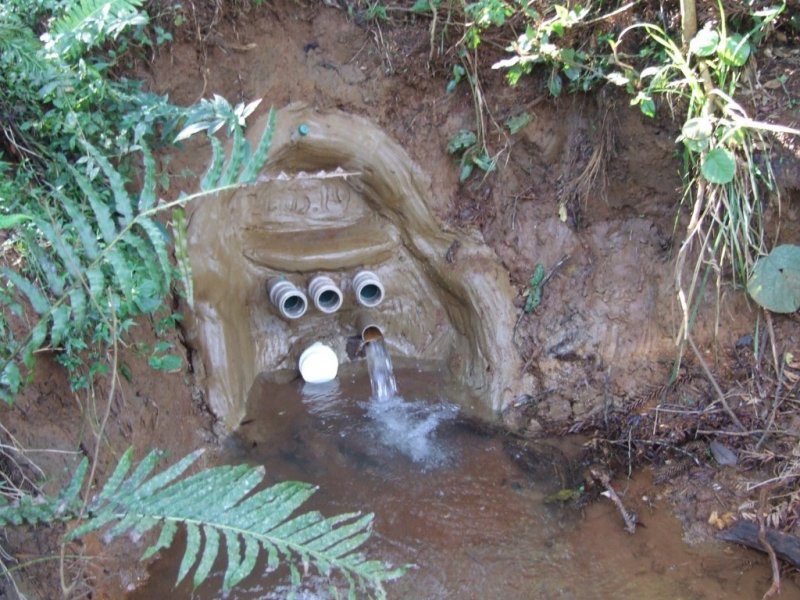Environment
Circular economy: Rivelli transforms chicken waste into inputs for agriculture

Reusing and reinserting resources into the chain is one of the most efficient ways to preserve the environment, promote productivity gains and foster sustainable values. It is within this purpose that Rivelli Alimentos, one of the largest food producers in the State of Minas Gerais, reinserts waste from chicken production into production, in the form of fertilizer for grain production.
The principle of action is relatively simple. When raising chickens, large volumes of poultry litter are generated, which is the material used to cover the floor of farm sheds, containing feces, urine, feed remains and feathers that are mixed together. This compound is very rich in organic matter and essential nutrients for crops, such as nitrogen, phosphorus, potassium, sulfur, zinc, calcium and magnesium.
The use of this input as an organic fertilizer in agriculture significantly reduces the use of mineral fertilizers, with a direct effect on the economy and the optimization of resources for grain production.
In numbers, this means that the volume of poultry litter produced by integrated partners is distributed over more than 10 thousand hectares of farmland as organic fertilizer, reducing the consumption of mineral fertilizers by around 50%.
This entire agricultural area is capable of producing enough grains to meet the need for these inputs in the production of feed consumed by Rivelli’s birds, thus generating a complementary and cyclical chain, promoting good social and environmental practices in all links of the chain.
In addition to the direct effects of reducing losses and waste, the system contributes significantly to improving soil quality, providing a high volume of organic matter with beneficial microorganisms to the land.
For more than 20 years, Rivelli has been carrying out research using poultry litter and promoting events in the field, with technical lectures, case studies and guided visits to crops. These actions involve representatives of society, including rural producers, students from agrotechnical schools, suppliers of inputs, seeds, machines and implements.
In addition to supporting grain production through sustainable practices, Rivelli also prioritizes the acquisition of grains in production centers within a radius of 200 kilometers from its headquarters, supporting the economic development of the region and reducing the need for emissions for transportation of inputs.
READ TOO

Animal welfare
02/10/2023
Copacol: animal welfare is certified
From handling in the field to processes in the industry, Copacol is concerned with maintaining standardized procedures, guaranteeing the consumer a high […]
Read more
Sectoral Data
02/10/2023
Brazil is set to break records in chicken meat production and exports
The Brazilian Animal Protein Association (ABPA) updated its data and projected records for chicken meat production and exports for 2023. According to […]
Read more
Environment
27/10/2023
COOPAVEL: Água Viva Project recovers water sources in Brazil and abroad
A sustainable attitude is not limited to productive activity. It goes beyond factory walls and property gates. It is within this purpose […]
Read more
